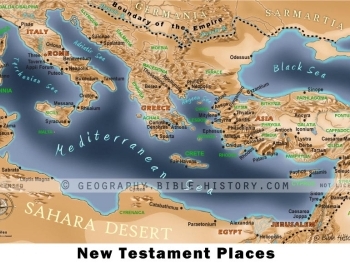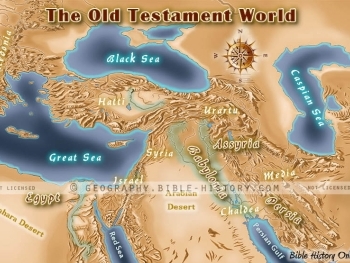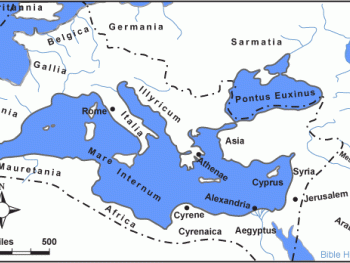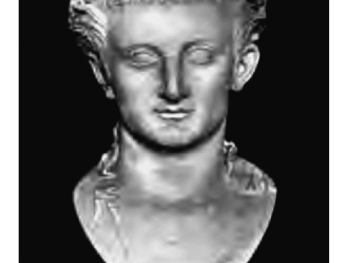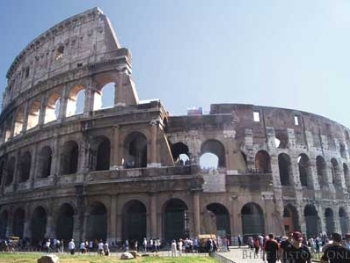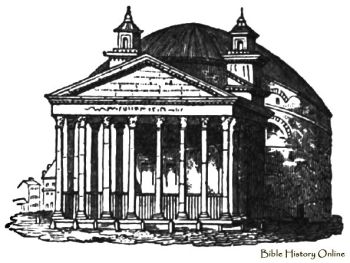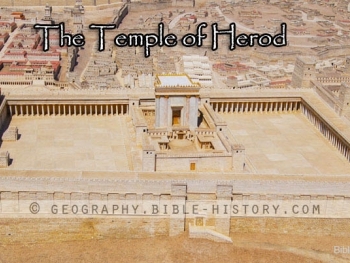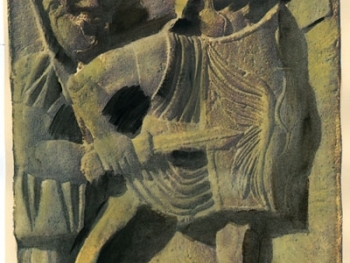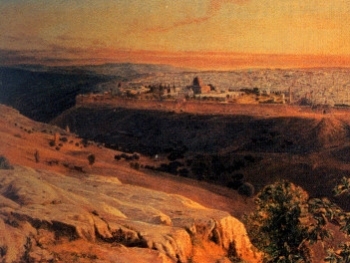Ancient Greek mythology was rich with a pantheon of gods and goddesses, each associated with various domains, powers, and legends. Here are some of the major deities worshipped in ancient Greece:
- Zeus: The king of the gods and the ruler of Mount Olympus. Zeus was associated with the sky, thunder, and lightning, and he played a central role in Greek mythology.
- Hera: The queen of the gods and the goddess of marriage, women, and childbirth. Hera was often depicted as a regal figure and had a significant presence in myths and legends.
- Poseidon: The god of the sea, earthquakes, and horses. Poseidon was known for his trident, and his domain included both the calm and stormy aspects of the sea.
- Athena: The goddess of wisdom, warfare, and strategic warfare. Athena was highly regarded as a patron of the arts, civilization, and justice.
- Apollo: The god of music, poetry, prophecy, and healing. Apollo was associated with the sun, and he was also the twin brother of Artemis.
- Artemis: The goddess of the hunt, wilderness, animals, and the moon. Artemis was known for her hunting skills and her association with nature.
- Aphrodite: The goddess of love, beauty, and desire. Aphrodite's origins were tied to the sea, and she played a significant role in love stories and romantic entanglements.
- Hermes: The messenger of the gods, god of travel, trade, and commerce. Hermes was known for his swiftness, and he guided souls to the underworld as well.
- Hephaestus: The god of fire, blacksmiths, and craftsmen. Hephaestus was a skilled artisan who created the weapons and armor of the gods.
- Dionysus: The god of wine, celebration, and theater. Dionysus was associated with revelry and ecstasy, and he was often depicted with a vine or a wine cup.
These are just a few examples of the numerous gods and goddesses worshipped in ancient Greece. Each deity played a specific role in mythology and was revered in various city-states and religious festivals throughout the ancient Greek world.
